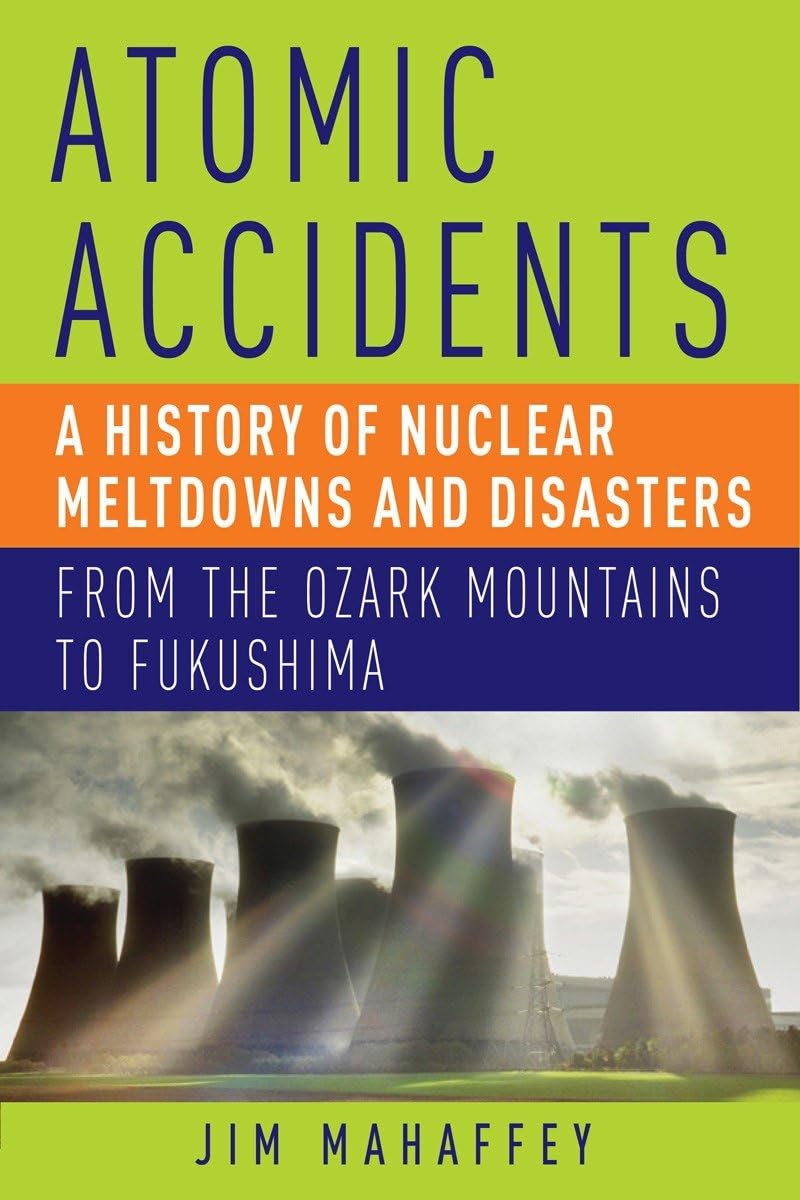http://www.amazon.com/Atomic-Accidents-Meltdowns-Disasters-M...
Edit: The book is no way anti-nuclear and actually starts with a description of a horrific accident at a hydro-electric plant.
http://www.amazon.com/Atomic-Accidents-Meltdowns-Disasters-M...
"However, the sheer force of the second explosion, and the ratio of xenon radioisotopes released during the event, indicate that the second explosion could have been a nuclear power transient; the result of the melting core material, in the absence of its cladding, water coolant and moderator, undergoing runaway prompt criticality similar to the explosion of a fizzled nuclear weapon."
http://en.wikipedia.org/wiki/Chernobyl_disaster#Experiment_a...
NB I'm in the process of reading *"Atomic Accidents - A History of Nuclear Meltdowns and Disasters: from the Ozark Mountains to Fukushima" - but I haven't got to Chernobyl yet....
http://www.amazon.com/Atomic-Accidents-Meltdowns-Disasters-M...
http://www.amazon.com/Atomic-Accidents-Meltdowns-Disasters-M...


http://www.amazon.com/Atomic-Accidents-Meltdowns-Disasters-M...